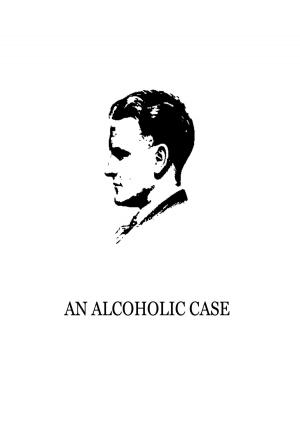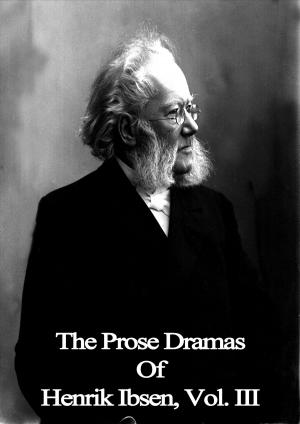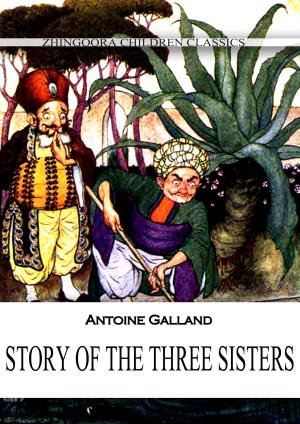| Author: | Aristotle | ISBN: | 1230000036238 |
| Publisher: | Zhingoora Books | Publication: | December 3, 2012 |
| Imprint: | Language: | English |
| Author: | Aristotle |
| ISBN: | 1230000036238 |
| Publisher: | Zhingoora Books |
| Publication: | December 3, 2012 |
| Imprint: | |
| Language: | English |
Christmas Summary Classics
This series contains summary of Classic books such as Emma, Arne, Arabian Nights, Pride and prejudice, Tower of London, Wealth of Nations etc. Each book is specially crafted after reading complete book in less than 30 pages. One who wants to get joy of book reading especially in very less time can go for it.
The Ethics of Aristotle
Aristotle was born at Stagira, a Greek colony on the Macedonian frontier, in 384 B.C., when Plato was forty-three, fifteen years after the death of Socrates. Going to Athens, he became one of Plato's pupils in philosophy at the age of twenty. In 342 he became tutor to the future Alexander the Great, and some years later opened, again at Athens, his own school, whose disciples were called the Peripatetics. He died in 322 B.C. His works laid the systematic foundations of every science known in his time. His various treatises on logic were comprised in the "Organon"; he dealt with psychology and metaphysics; with rhetoric and the principles of literary criticism. He also systematised the natural sciences; and the two works here given, "the Ethics" and "Politics," have profoundly influenced ethical and political thought from his own day to ours. In particular, his classification of the virtues, and his doctrine that virtue lies in a "mean," have dominated a vast amount of moral speculation. The treatises as we know them are so crabbed and condensed in style as to give the impression that they are to a large extent not the finished works, but notes and summaries.
Christmas Summary Classics
This series contains summary of Classic books such as Emma, Arne, Arabian Nights, Pride and prejudice, Tower of London, Wealth of Nations etc. Each book is specially crafted after reading complete book in less than 30 pages. One who wants to get joy of book reading especially in very less time can go for it.
The Ethics of Aristotle
Aristotle was born at Stagira, a Greek colony on the Macedonian frontier, in 384 B.C., when Plato was forty-three, fifteen years after the death of Socrates. Going to Athens, he became one of Plato's pupils in philosophy at the age of twenty. In 342 he became tutor to the future Alexander the Great, and some years later opened, again at Athens, his own school, whose disciples were called the Peripatetics. He died in 322 B.C. His works laid the systematic foundations of every science known in his time. His various treatises on logic were comprised in the "Organon"; he dealt with psychology and metaphysics; with rhetoric and the principles of literary criticism. He also systematised the natural sciences; and the two works here given, "the Ethics" and "Politics," have profoundly influenced ethical and political thought from his own day to ours. In particular, his classification of the virtues, and his doctrine that virtue lies in a "mean," have dominated a vast amount of moral speculation. The treatises as we know them are so crabbed and condensed in style as to give the impression that they are to a large extent not the finished works, but notes and summaries.




![Cover of the book The Koran [Christmas Summary Classics] by Aristotle](https://www.kuoky.com/images/2012/december/300x300/1230000036245-7W7o_300x.jpg)



![Cover of the book Pride And Prejudice [Christmas Summary Classics] by Aristotle](https://www.kuoky.com/images/2012/november/300x300/1230000032303-2uGV_300x.jpg)





![Cover of the book Wanderings in South America [Christmas Summary Classics] by Aristotle](https://www.kuoky.com/images/2012/december/300x300/1230000037128-K23R_300x.jpg)
